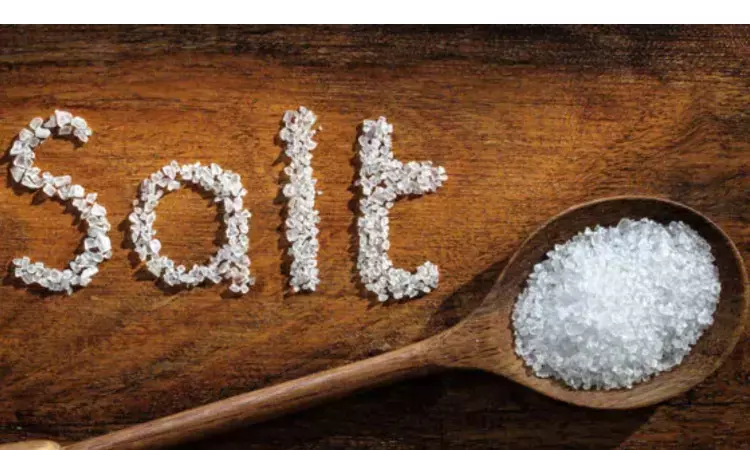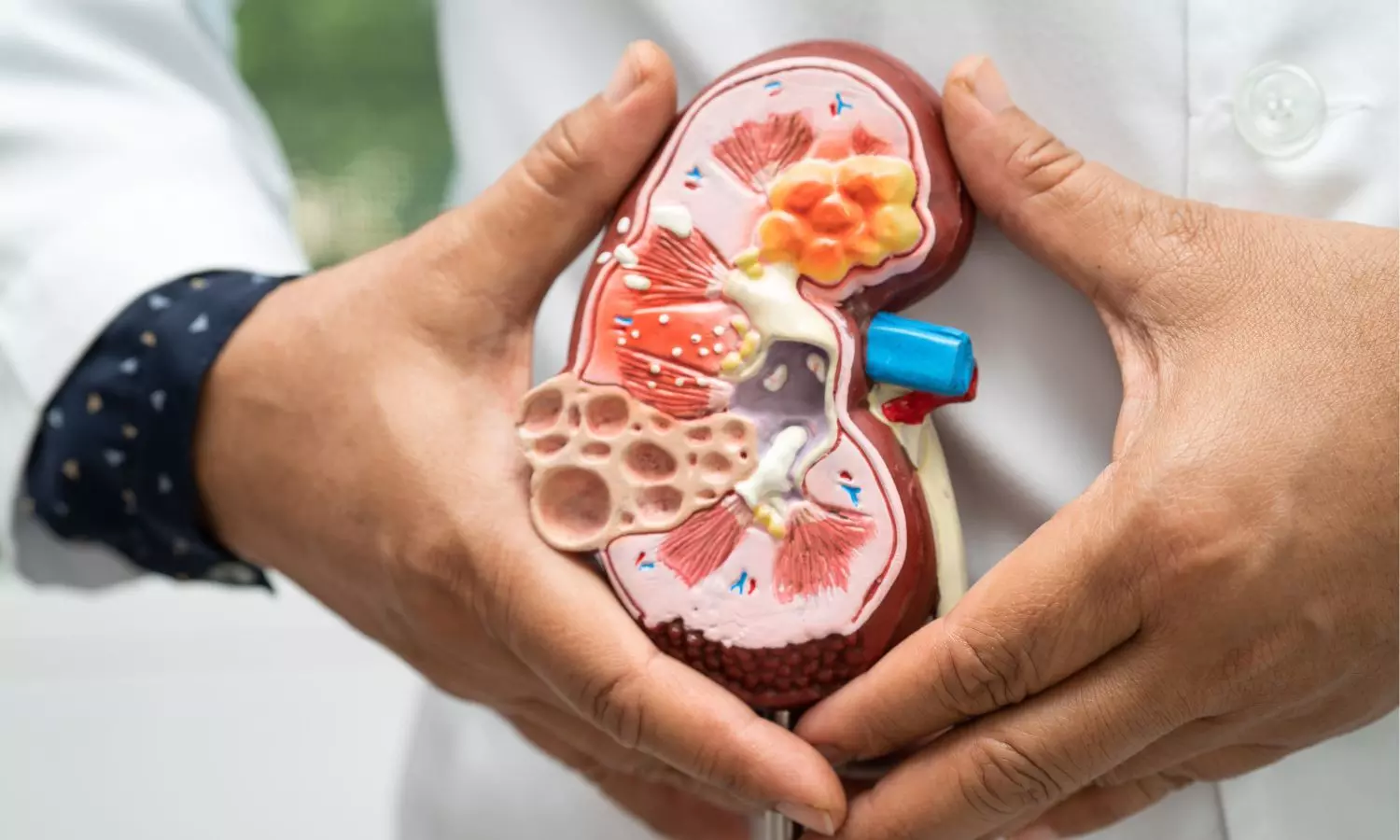- Home
- Medical news & Guidelines
- Anesthesiology
- Cardiology and CTVS
- Critical Care
- Dentistry
- Dermatology
- Diabetes and Endocrinology
- ENT
- Gastroenterology
- Medicine
- Nephrology
- Neurology
- Obstretics-Gynaecology
- Oncology
- Ophthalmology
- Orthopaedics
- Pediatrics-Neonatology
- Psychiatry
- Pulmonology
- Radiology
- Surgery
- Urology
- Laboratory Medicine
- Diet
- Nursing
- Paramedical
- Physiotherapy
- Health news
- Fact Check
- Bone Health Fact Check
- Brain Health Fact Check
- Cancer Related Fact Check
- Child Care Fact Check
- Dental and oral health fact check
- Diabetes and metabolic health fact check
- Diet and Nutrition Fact Check
- Eye and ENT Care Fact Check
- Fitness fact check
- Gut health fact check
- Heart health fact check
- Kidney health fact check
- Medical education fact check
- Men's health fact check
- Respiratory fact check
- Skin and hair care fact check
- Vaccine and Immunization fact check
- Women's health fact check
- AYUSH
- State News
- Andaman and Nicobar Islands
- Andhra Pradesh
- Arunachal Pradesh
- Assam
- Bihar
- Chandigarh
- Chattisgarh
- Dadra and Nagar Haveli
- Daman and Diu
- Delhi
- Goa
- Gujarat
- Haryana
- Himachal Pradesh
- Jammu & Kashmir
- Jharkhand
- Karnataka
- Kerala
- Ladakh
- Lakshadweep
- Madhya Pradesh
- Maharashtra
- Manipur
- Meghalaya
- Mizoram
- Nagaland
- Odisha
- Puducherry
- Punjab
- Rajasthan
- Sikkim
- Tamil Nadu
- Telangana
- Tripura
- Uttar Pradesh
- Uttrakhand
- West Bengal
- Medical Education
- Industry
Adding Salt Repeatedly to Food increases the Risk of Incident CKD

In a groundbreaking study researchers from the U.S.A reported the effect of adding salt to foods on chronic kidney disease. They found that increased addition of salt to foods, reported by self, lead to an increased risk of chronic kidney disease in general population.
The study results were published in the journal JAMA Network Open.
The frequency with which individuals report adding salt to their food may indicate their enduring preference for salty tastes. High salt intake has been linked to a heightened risk of cardiovascular diseases (CVD). However, it is currently unclear whether self-reported salt addition to foods correlates with an elevated risk of chronic kidney disease (CKD). Hence researchers from New Orleans and Boston conducted a cohort study to prospectively examine the association of self-reported frequency of adding salt to foods with incident CKD risk in a general population of adults.
This cohort study, based on a population from the UK Biobank, focused on individuals aged 37 to 73 years who did not have CKD when the study began. Recruitment took place between 2006 and 2010, with participants then monitored over time for disease development. Participants' self-reported habits of adding salt to their food were classified as never/rarely, sometimes, usually, or always. The main outcome was incident CKD occurrences identified using specific diagnostic codes. Hazard ratios (HRs) and their corresponding 95% confidence intervals (CIs) were computed using Cox proportional hazards models. These models took into account various potential variables, including age, gender, racial background, ethnicity, the Townsend Deprivation Index, baseline factors like eGFR, BMI, smoking habits, alcohol consumption, regular exercise, high cholesterol levels, diabetes, history of CVD, hypertension, infectious and immune-related diseases, as well as the use of nephrotoxic medications at the study's onset.
Findings:
- In a cohort comprising 465,288 individuals with average [SD] age of 56.32 [8.08] years; 255,102 females [54.83%] and 210,186 males [45.17%]), those who frequently added salt to their foods tended to have a higher BMI, a greater Townsend Deprivation Index score, and a lower baseline eGFR than those who added salt less often.
- Furthermore, individuals who regularly added salt were more inclined to be current smokers and to have diabetes or CVD at the study's outset compared to their counterparts who seldom added salt.
- Over a median (IQR) tracking period of 11.8 (1.4) years, 22,031 CKD incidents were recorded.
- After accounting for various factors, a greater self-reported salt addition frequency was notably linked to an elevated CKD risk.
- Specifically, compared to those seldom or never adding salt, the risk was higher for those who sometimes added salt (adjusted HR [aHR], 1.04; 95% CI, 1.00-1.07), usually added salt (aHR, 1.07; 95% CI, 1.02-1.11), and always added salt (aHR, 1.11; 95% CI, 1.05-1.18) to their food (P for trend < .001).
- Moreover, factors like eGFR, BMI, and physical activity levels influenced these associations, with more significant effects seen in participants with higher eGFR, lower BMI, or reduced physical activity.
BDS, MDS
Dr.Niharika Harsha B (BDS,MDS) completed her BDS from Govt Dental College, Hyderabad and MDS from Dr.NTR University of health sciences(Now Kaloji Rao University). She has 4 years of private dental practice and worked for 2 years as Consultant Oral Radiologist at a Dental Imaging Centre in Hyderabad. She worked as Research Assistant and scientific writer in the development of Oral Anti cancer screening device with her seniors. She has a deep intriguing wish in writing highly engaging, captivating and informative medical content for a wider audience. She can be contacted at editorial@medicaldialogues.in.
Dr Kamal Kant Kohli-MBBS, DTCD- a chest specialist with more than 30 years of practice and a flair for writing clinical articles, Dr Kamal Kant Kohli joined Medical Dialogues as a Chief Editor of Medical News. Besides writing articles, as an editor, he proofreads and verifies all the medical content published on Medical Dialogues including those coming from journals, studies,medical conferences,guidelines etc. Email: drkohli@medicaldialogues.in. Contact no. 011-43720751




